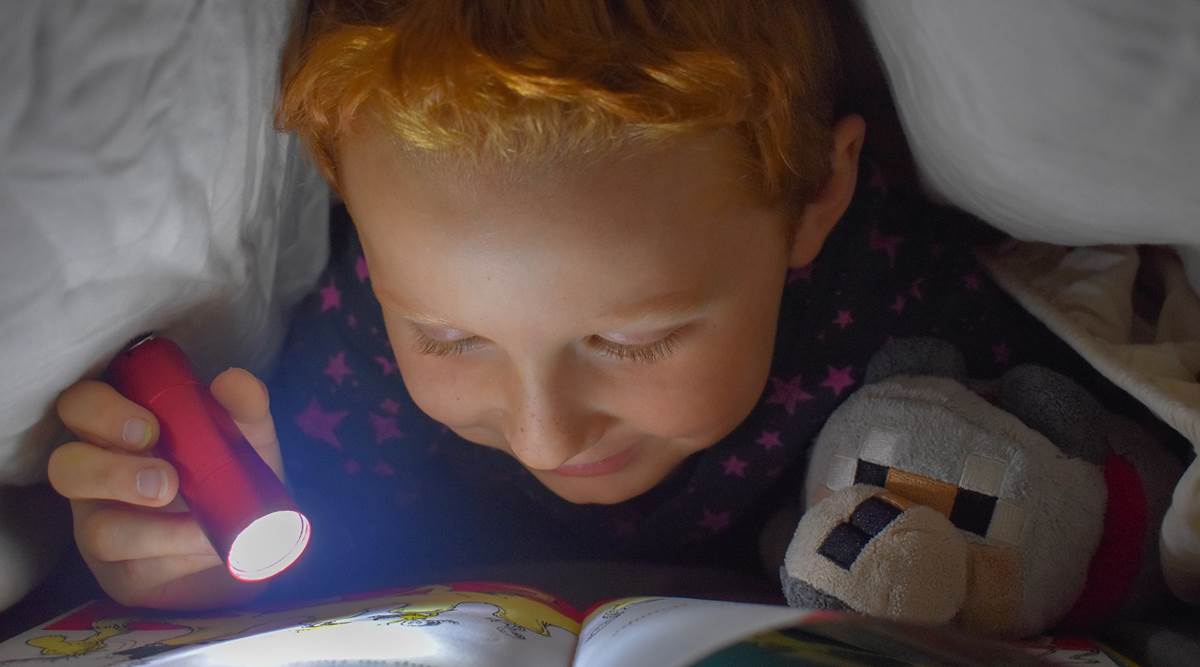Coumadin therapy management education
There are several ways parents can improve a child’s sleep. They need to establish a good sleep hygiene.

By Dr Puja Kapoor
Over 50 to 80 per cent of children with autism spectrum disorder have either difficulty in falling asleep and/or staying asleep through the night. They may take hours to go to sleep, or get up in the middle of the night and start crying or playing. Inadequate sleep at night can cause behavioural challenges, irritability, hyperactivity, and it can interfere with learning and decrease the overall quality of life.
Sleep disorder happens more often in children having restricted and repetitive behaviours (rocking, hand-flapping etc), with anxiety, or sensory problems. These problems should be addressed by an expert.
Watching shows or games which are scary or violent, can lead to trouble sleeping. Also screen-time during bedtime can disrupt the melatonin hormone secretion leading to disturbance in sleep initiation. Parents should share information about bedtime, wake-time, daytime and nighttime habits and routines, to find the cause of disturbance in the sleep cycle.
There are several ways parents can improve a child’s sleep. Establishing good sleep hygiene by following the below tips can help them.
1. Sleep environment: The bedroom should be dark, quiet and comfortable. As children with ASD are sensitive to noises and/or have sensory issues, the environment should be adopted accordingly.
2. Bedtime routine: The bedtime routine should include relaxing activities such as reading or listening to music. Washing feet with lukewarm water before going to bed also relaxes the child. Avoid use of electronics close to bedtime such as TV, computer, video games, etc. These disrupt the melatonin secretion causing delay in sleep initiation.
3. Sleep/wake schedule: The schedule should be regular with not much of a difference between weekday and weekend schedules. Late night sleep at weekends can disrupt the weekday cycle of sleep causing concerns in the daytime behaviour.
4. Exercise: Daytime exercise can help in managing excessive energy, thereby calming the child. The exercise time should not be too close to bedtime as it can make it difficult for them to fall asleep.
5. Avoid caffeine/carbonated drinks: Certain drinks, like caffeine, carbonated sodas, etc., should be avoided, particularly close to bedtime, as they are stimulatory and can cause delay in sleep initiation. Caffeine is found not only in coffee, but also in tea.
6. Afternoon naps: Afternoon naps are helpful for preschool children, but should not be taken late in the afternoon as they can interfere with bedtime. Also, they should not exceed 30 to 60 minutes.
7. Certain medications can also cause sleep concerns, which needs medical attention.
8. Sleep disorders such as sleep apnea, sleep walking, sleep terrors, restless legs syndrome, need a referral to a specialist and should be thoroughly evaluated as a cause of sleep disturbance.
9. Use of melatonin: Use of medication like melatonin is recommended for initiation of sleep if the child is still having sleep concerns in spite of good sleep hygiene and ruling out of other causes of sleep delay. It should be started under medical supervision by an expert.
(The writer is a pediatric neurologist and the co-founder of Continua Kids)
Source: Read Full Article
